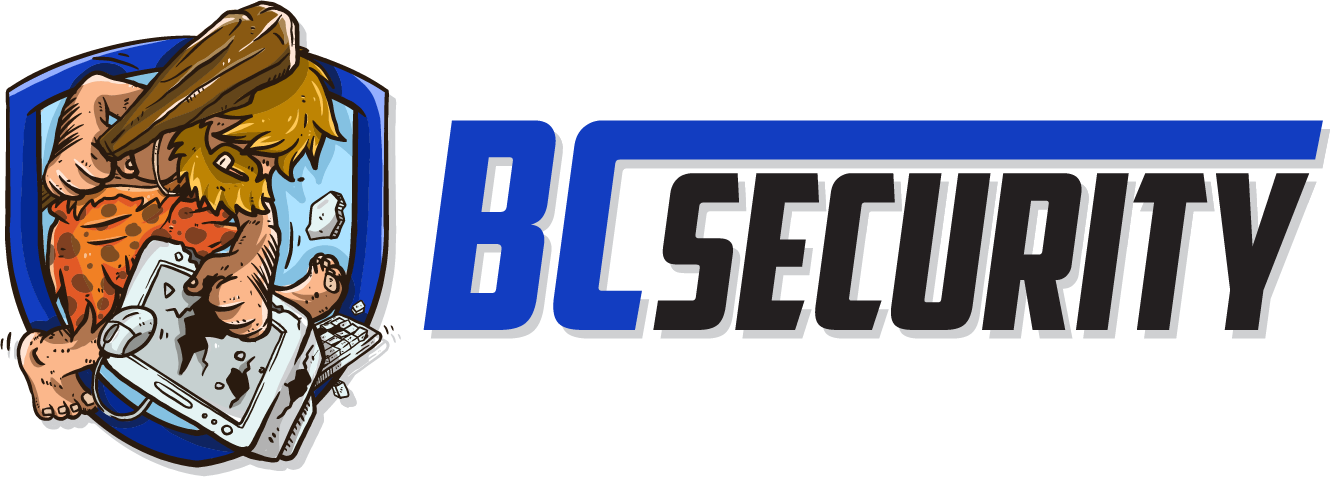
Empire 6.0: Go Agents, Plugin Marketplace and More
Empire 6.0 is finally here with tons of new updates and features. The team has been working on this for about a year now and we are really excited to show off all the changes. We have added new agents, revamped our compilers and added an all new marketplace for plugins. [...]









